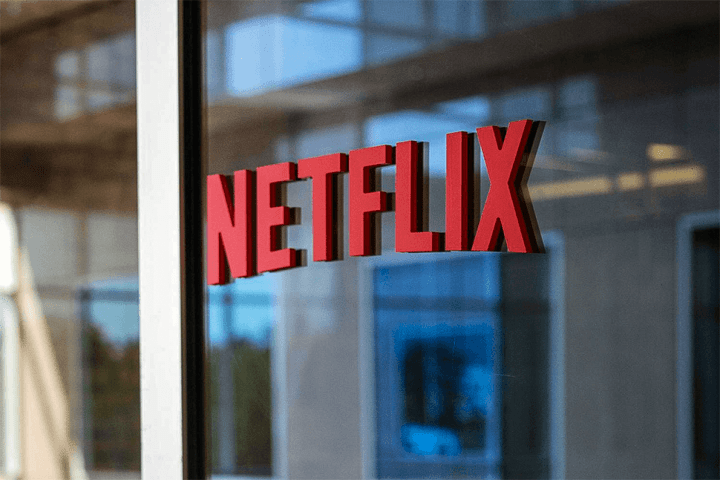
The financials were a mixed bag, on paper. Netflix posted first-quarter profits of $23 million, short of analysts’ expectations and a decline from the $53 million it earned for the same period last year. But outspoken CEO Reed Hastings was quick to blame a foreign exchange loss, pointing to a growth in revenue from $1.27 to $1.57 billion, and analysts largely agreed with that assertion.
The news enough to excite investors, as Netflix shot up 13 percent in after-hours trading on Wednesday and, at time of publication, the stock was at a record high of $569 per share. That’s a rise of over $100 per share in just the last week.
Investors were primed, presumably, because of Netflix’s expansive growth. The company announced it reached over 60 million paying customers, 40 million domestic and 20 million international. Netflix is especially enthused about the 2.6 million new overseas additions; although expansion abroad can be pricier, analysts say it should dramatically boost the company’s bottom line. “We believe that international subscribers have two to three times faster profit trajectories than in the US,” said Laura Martin, an analyst for Needham, in a statement last week.
Driving growth is Netflix’s impressive commitment to original programming. It spent a little less than $300 million on original content last year, ballooning its offerings to 27 shows and series. Several have garnered critical acclaim: House of Cards and Orange Is the New Black garnered 13 and 12 Emmy nominations last year, respectively, while the new Marvel/Netflix series Daredevil is getting critical acclaim across the board, including a 97 percent score on Rotten Tomatoes.
Those are accolades Netflix will undoubtedly tout as the premium streaming competition heats up. Amazon Instant Video, a longtime rival which boasts award-winning shows of its own, has also shown a willingness to spend big on TV and movies. And HBO, widely perceived as Netflix’s closest competitor despite Hastings’s protestations, launched an internet-based subscription service HBO Now earlier this month.
But Netflix has a few tricks up its sleeve. The first is a revamped TV interface set to roll out in the coming months. The second and potentially more significant is support for Secure (HTTPS) while browsing and viewing content. Of HTTPS, said Hastings and CFO David Wells, “[It] helps protect member privacy, particularly when the network is insecure, such as public Wi-Fi, and it helps protect members from eavesdropping by their ISP or employer, who may want to record our members’ viewing for other reasons.”
Those feature additions don’t come cheap. Netflix previously increased the price of its standard subscription to $8.99 from $7.99, and last October began charging a premium for 4K content — the plan costs $11.99 per month. That said, in light of the fallout from its missteps four years ago, the company is likely to approach future rate increases tepidly. And, for now at least, the future looks pretty rosy for big red.


